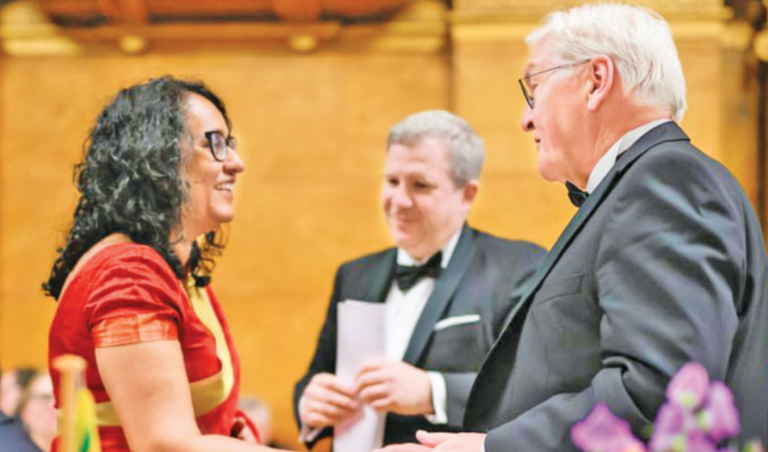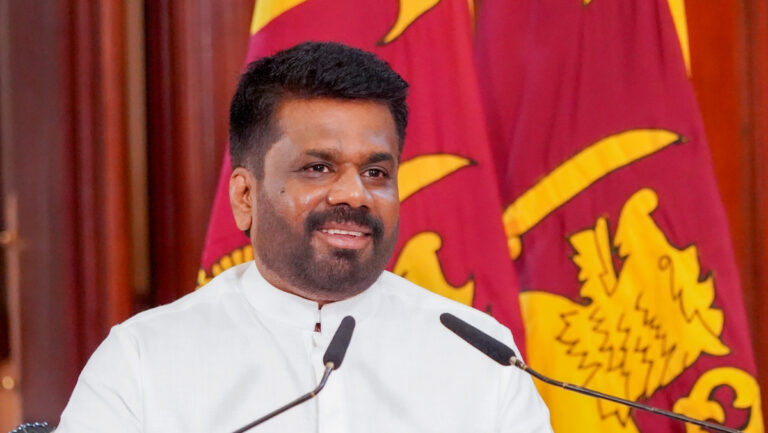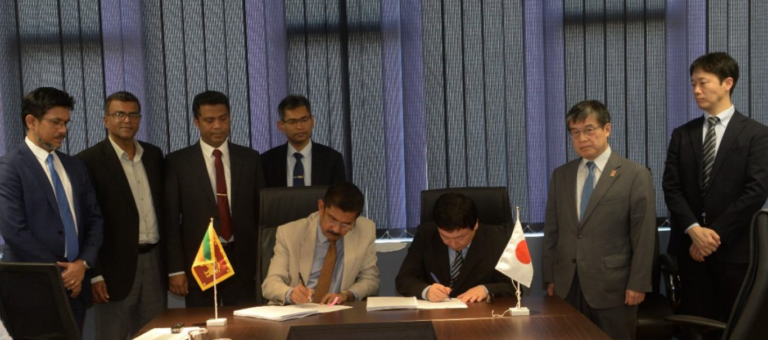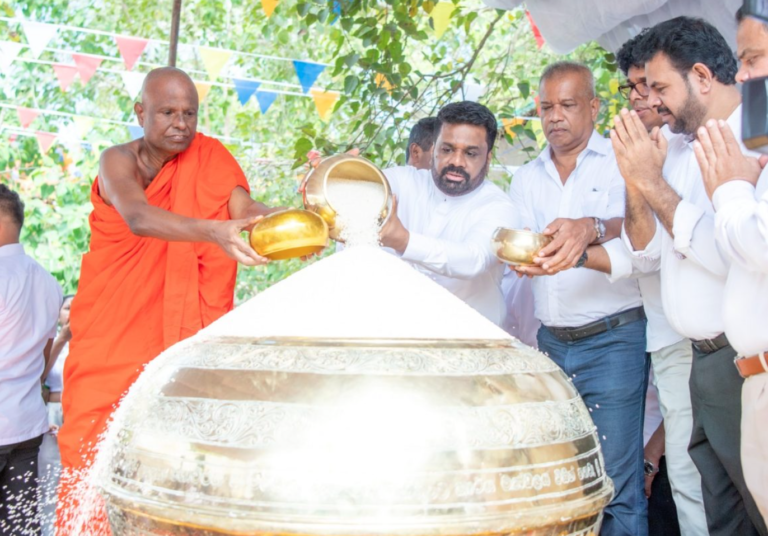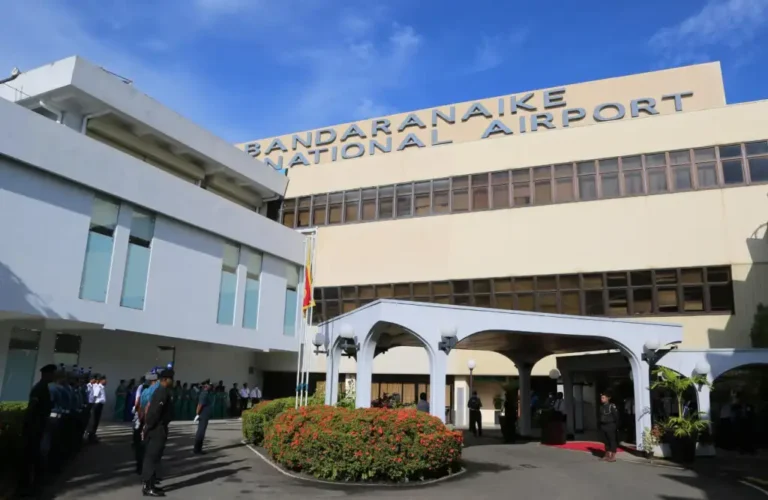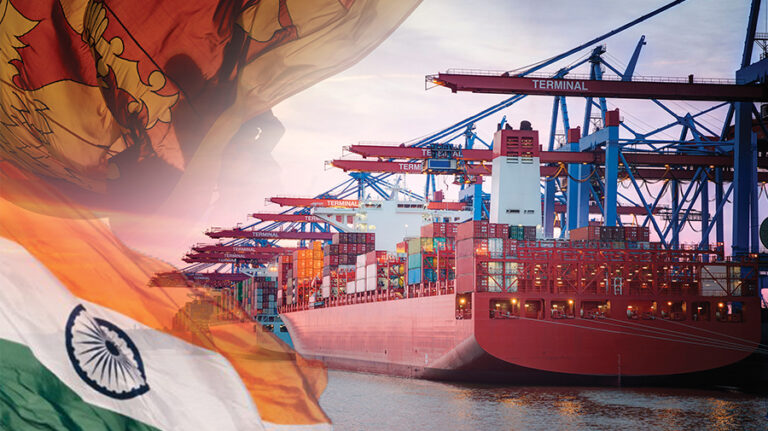Prime Minister Dr. Harini Amarasuriya visited Hamburg, Germany, focusing on strengthening vocational education and economic partnerships between the two nations. During her visit, she participated in the 102nd East Asia Friendship Dinner, met with German President Frank-Walter Steinmeier, and engaged in high-level discussions on investment, education, and economic reforms.
As a guest of honour at the German Asia-Pacific Business Association (OAV) annual gathering, Prime Minister Amarasuriya addressed an audience of business leaders and dignitaries, emphasising Sri Lanka’s economic recovery and its potential as a growing investment destination. She highlighted the contributions of over 160 German companies in Sri Lanka and invited further collaboration in trade and business.
In her capacity as Education, Higher Education, and Vocational Education Minister, the Prime Minister delivered a keynote speech at the ‘German-Asian Forum on Vocational Education and Training’. She acknowledged Germany’s decades-long support in Sri Lanka’s vocational education sector and stressed the importance of modernising vocational training to align with industry demands. Additionally, she visited ITECH vocational school and German research hubs such as NXP Semiconductors and DESY, discussing collaboration in IT and technology-driven industries.
During her discussions with President Steinmeier, Prime Minister Amarasuriya reiterated Sri Lanka’s commitment to economic stability, social protection, and national unity. She also attended a business roundtable, where she engaged with German companies and government representatives on economic expansion, digitalisation, and sustainable development initiatives.
The Prime Minister was accompanied by Sri Lanka’s Ambassador to Germany, Varuni Muthukumarana and senior Embassy officials.

